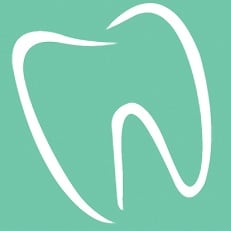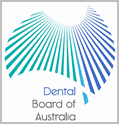
Wisdom Teeth
Wisdom teeth are the four back molars that may or may not appear in your late teens or early twenties.
They often cause problems when there is not enough room in your jaw for them to erupt normally, leading them to become impacted, grow crooked or cause gum infections and tooth decay.
If wisdom teeth are causing issues, your dentist will usually advise you to have them removed.
Why Do We Have Wisdom Teeth?
Wisdom teeth are relics from our ancestors. They were there to replace our other two sets of molars which would have decayed or broken thanks to our ‘cave man’ diet. Our jawbones have shrunken over time, providing for space for 28 rather than 32 teeth.
Also thanks to modern dentistry, by the time our wisdom teeth arrive in our late teens, we still have all our other molars. Both of these changes mean our third molars aren’t needed and quite often don’t fit.
When Wisdom Teeth Erupt
When they do erupt, most often you will find that they are:
- Crooked – lying sideways, leaning against another tooth or squished up straight next to the neighbouring tooth, all of which can cause pain, decay and infection.
- Impacted – not fully erupted, some of the tooth remains beneath the gum, rendering it useless for chewing and potentially causing damage to your remaining healthy teeth.
- Decayed – often difficult to reach with a tooth brush, as well as cause decay in other teeth.
- Infected – infections are easily treated, but unless the tooth is extracted, it will continue to remerge.
Wisdom Teeth Extraction
Wisdom teeth often cause problems with biting and chewing too. If a tooth is impacted, it does not grow fully above the gum line because it remains pushed into the neighbouring tooth or gum. An impacted wisdom tooth makes no contribution to chewing and with bacteria and plaque becoming trapped around the edge of the gums, extraction is the best solution.
Before a wisdom tooth is extracted, we will discuss with you your options for anaesthetic. Usually a local anaesthetic works fine, with all you feeling is some pressure as your tooth is being removed. Depending on the way it’s positioned, it may be possible to remove it in one piece or in small pieces. If more than one tooth is to be extracted, we may do this over a few appointments rather than during one.
After Extraction
After extraction, you will most likely feel pain in your gum and jaw areas, together with some swelling and bleeding over the first few days. Your dentist will offer after care advice, which may include:
- Taking paracetamol or another recommended pain relief medicine
- Eating soft foods and avoiding hot or cold drinks
- Using a salty mouthwash after the first 24 hours
It is recommended that as soon as a wisdom tooth begins to cause problems, that it’s removed immediately. Leaving it in-situ will not correct the problem. Well documented research has shown that wisdom teeth that are removed in young adults 25 years or younger, have less swelling and after procedure pain than older adults.
Herald Avenue Dental Centre
7 Herald Avenue, Willetton 6155
For appointments, information or dental emergencies:





